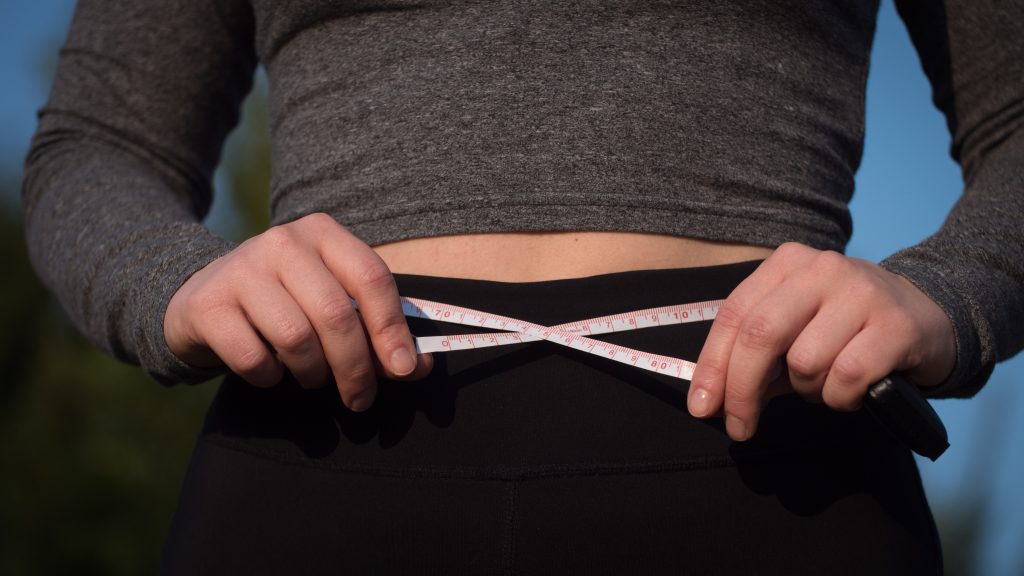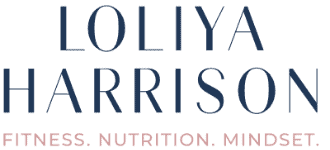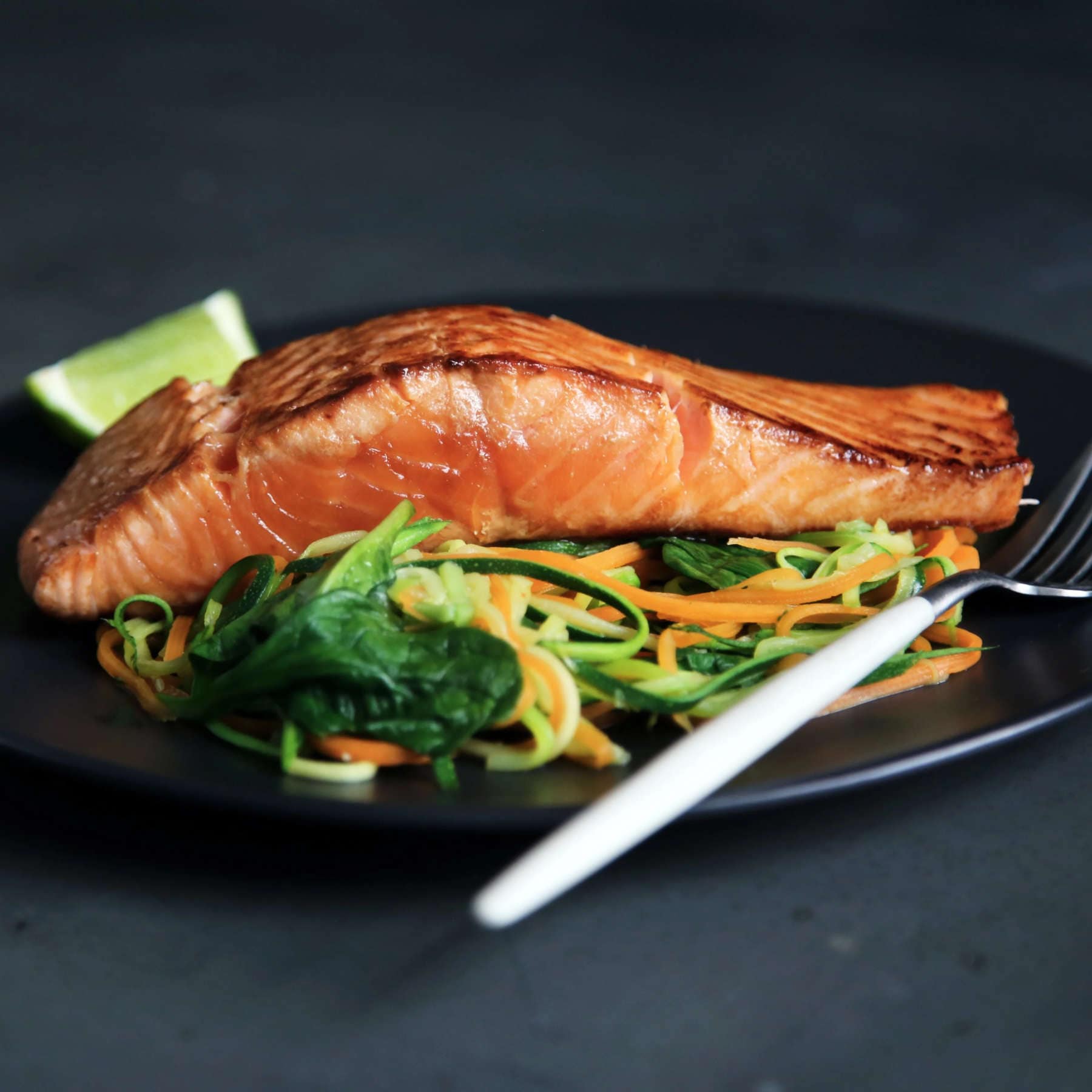
Are you finding it a struggle to lose weight and keep it off? Are you gaining weight around your middle? Do you feel more tired these days? Are you developing food cravings? If you’ve answered yes to any of these questions and you are in your 40s or 50s, you might be experiencing blood sugar imbalances and may need to adopt different eating habits.
What can you do?
Tackling weight loss and keeping it off is not easy for a lot of women at the best of times. It is even more difficult if you are in your 40s and 50s because you are probably battling against out of control hormones. Hormone imbalances can lead to blood sugar imbalance causing symptoms such as tiredness, mood swings and food cravings. When I was in my 20s and 30s my weekend treats of almond croissants, bagels and ready salted crisps didn’t affect the scales at all. Then as I approached my 50s I started to struggle with my weight.
My body was no longer able to deal with these habitual weekend treats. The weight began to creep on and my clothes felt tighter and tighter. I began by rebalancing my blood sugar levels. This meant having to change my mindset about my eating habits and commit to avoiding certain foods.
Foods to avoid to tackle weight loss

Below are common foods which are better avoided when you are trying to tackle weight loss because they cause blood sugar imbalances and trigger food cravings and binge eating, making weight loss even more difficult. If it seems too daunting to avoid all of these at once, just avoid the one food that you feel is the worst culprit for you. Then once you have ditched the habit of that food, move on to avoiding the next one.
Refined grains – eg white bread, white rice, white pasta, any foods made with white flour. These foods can cause blood sugar imbalances, they don’t fill you up, leave you still feeling hungry and trigger food cravings.
Refined Sugar and sugary foods – sweets, chocolate, honey, syrup, sauces such as ketchup. These are full of sugar which can lead to blood sugar imbalances and food cravings.
Bakery type foods eg cakes, biscuits, flapjacks – usually made with refined grains and packed with sugar.
Protein snack bars – watch out for foods such as granola bars. Yes they are full of fibre and protein, which are great at filling you up. However they often have a lot more sugar than you would expect which can result in blood sugar imbalances and food cravings. Most people find it difficult to just eat one bar.
Too much Fruit – Fruit contains fibre and lots of vitamins and minerals. People often substitute fruit for sugary snacks and end up over eating fruit. Be careful, the sugar in fruit, fructose, has been shown to cause blood sugar imbalances. So better to stick to no more than 2 portions of fruit a day.
Salty snacks – eg salted peanuts, crisps, bread sticks. These can trigger food cravings.
Dried fruit – eg prunes, dates, dried apricots. They are high in sugar and lead to blood sugar imbalances. They can also trigger food cravings.
Alcohol – easy to loose track of how much you consume and can set of cravings for more. Alcohol is also the primary source of energy in the body. In other words the body will use alcohol first for energy instead of excess sugar and fats, leaving your body to store the fat and sugar from food in your fat cells.
Sugary drinks – like sugar they cause blood sugar imbalances and trigger food cravings.
Weight loss can be more difficult to tackle in your 40s and 50s because there are often other underlying causes, which affect your body’s metabolism and ability to lose fat. Tackling blood sugar imbalances and food cravings is a good place to start. However you may also need to address factors such as hormone imbalances, thyroid function, stress, lack of exercise, gut health, liver function, food and environmental toxin exposure.
If you think you need help to figure out why you can’t shift that stubborn weight, book a call here so we can chat.
Disclaimer:This site offers health, fitness and nutritional information and is designed for educational purposes only. You should not rely on this information as a substitute for, nor does it replace professional medical advice, diagnosis, or treatment. If you have any concerns or questions about your health, you should always consult with a physician or other health-care professional. Do not disregard, avoid or delay obtaining medical or health-related advice from your health-care professional because of something you may have read on this site. The use of any information provided on this site is solely at your own risk.



0 Comments